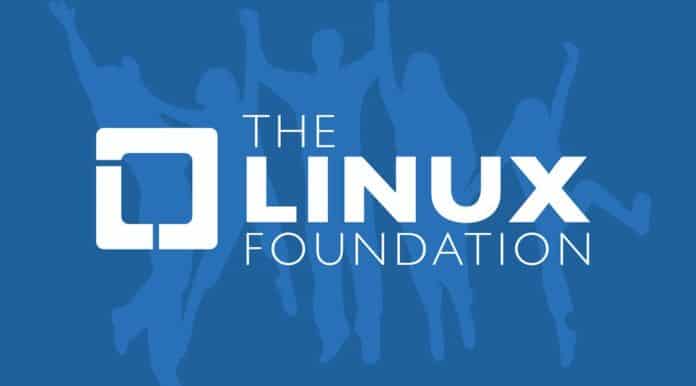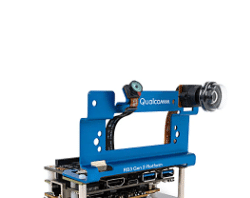The main benefits for businesses, according to new research lead by Henry Chesbrough, a pioneer in the study of open innovation, are cost savings and quicker development.
In a survey quantifying the economic worth of open source that was just issued by the Linux Foundation, it was discovered that organisations view cost savings, quicker development, open standards, and interoperability as the top advantages of using open source software.
Over two-thirds of the businesses questioned claimed that open source’s benefits far outweigh its drawbacks. Also, for almost half of the respondents, the benefits-to-costs ratio seemed to be increasing, while just 16% thought that the ratio was dropping. The survey and analysis were carried out in collaboration with LF Research, the research arm of the Linux Foundation, by Professor Henry Chesbrough of Luiss University in Rome, Italy, and the University of California at Berkeley Haas School of Business, a renowned pioneer and author on the subject of open innovation.
While a major portion of the firms in the poll began using open source software in the previous five years, many had been using it for more than 20 years. According to the study, businesses benefit more from using open source software the longer they use it and also by participating more actively in open source projects.
Open source technology, such as the widely used Linux operating system, are difficult to value economically because they are available for free. The poll examined the adoption of open source software by more than 430 businesses, 43% of which had annual revenues exceeding $1 billion and numerous Fortune 500 organisations. Other significant survey results include:
- According to the majority of poll participants, using open source software would have been much less expensive than developing software features yourself.
- About 21% of respondents stated that using or contributing to open source software was becoming more advantageous than it was expensive, while another 21% said that it was becoming somewhat more advantageous, and 7% said it was becoming significantly more advantageous.
- The biggest perceived expenses of utilising open source software were the license-related licencing costs, hidden maintenance costs, and security flaws. Perceived costs were greater than perceived advantages, according to just one-fifth of respondents.
“This research clearly underscores that open source software has substantial economic value to companies and that its value will increase for most organizations the longer and more they use it,” said Jim Zemlin, Linux Foundation Executive Director. “By helping to quantify the impact, we help companies understand their own benefits, costs, and the value of supporting and contributing to the open source software that is foundational to the world’s infrastructure and a force for innovation.”




